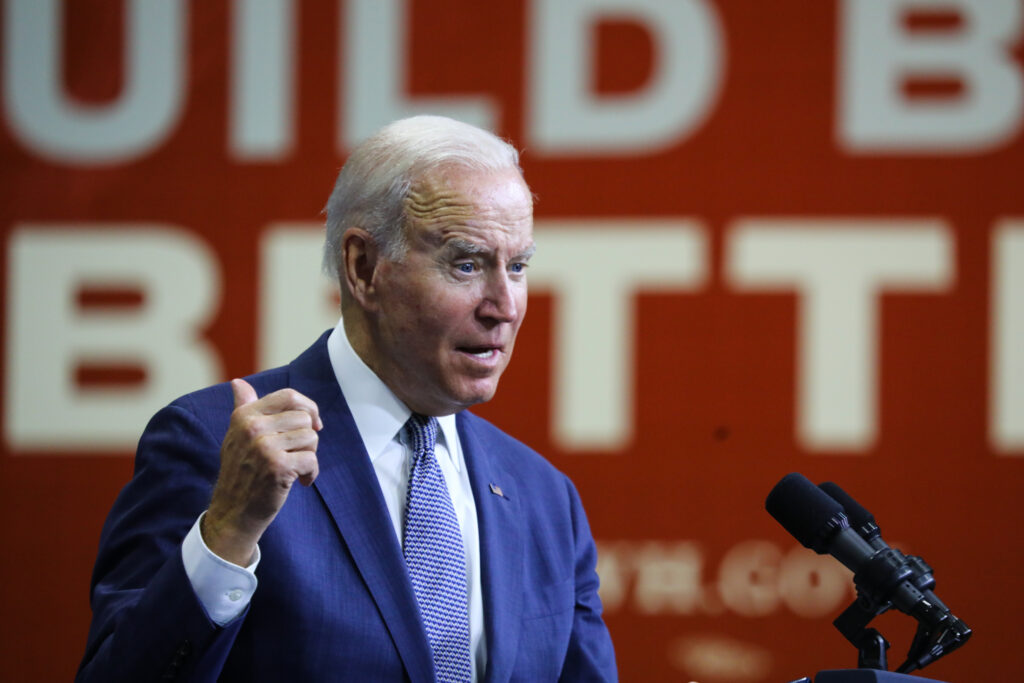Like many states, Missouri is struggling to pay for the maintenance of its roads and bridges, which is largely due to ineffectiveness of the state’s gasoline tax to provide much-needed tax revenue. New Missouri Gov. Mike Parson (R) has told reporters that improving the state’s transportation network will be one of his administration’s biggest priorities.
While the Missouri Department of Transportation (MoDOT) reports 90 percent of the state’s major highways are in good condition, many important projects, including highway expansion projects, are not currently funded. MoDOT reported that it’s lacking $825 million needed for high-priority projects alone.
In an attempt to solve this problem, the Missouri Legislature has decided to send a ballot initiative to voters asking them to approve a 10-cent increase to the state’s 17-cents-per-gallon motor-fuel tax. Under the ballot proposal, the state’s fuel tax for gas and diesel would increase by 2.5 cents per year beginning in 2019, locking in at 27 cents in 2022. The plan would make Missouri’s tax higher than regional neighbors Arkansas, Kansas, Kentucky, Oklahoma, and Tennessee. Missouri has not approved an increase in the gas tax since 1992–96, when a 6-cent hike was phased in.
Some analysts have made the optimistic prediction that the new increased tax rate could bring in an additional $293 million for the state’s road fund annually when it is fully implemented, but there are good reasons to believe that in the long run, the tax won’t work nearly as well as they predict.
Gasoline taxes are ineffective and have increasingly left transportation systems shortchanged. And this problem is likely to increase in the coming years. The Institute for Energy Research estimates that if electric vehicle sales reach 20 percent of all new car sales, federal and state gasoline revenues would fall by $3 billion, or about 5 percent. Further, gasoline taxes do not exist in a vacuum; increasing this tax would raise prices on goods and services throughout the economy.
The rise of fuel-efficient cars has also disproportionately shifted the tax burden to low-income drivers, a group that typically owns older, less-fuel-efficient vehicles. Wendell Cox and Ronald Utt argue gas taxes have a stronger effect on lower- and middle-income families than they do on the wealthy. Americans for Prosperity estimates lower gas prices amount to approximately $100 in additional spendable income per month for an average family, and research shows increasing gas taxes could cause low-income families to drive less, which could reduce employment options.
Wasteful spending is an issue that has long plagued transportation funding. Bloat, inflated labor costs, and inefficient bureaucratic agencies often increase the budgets of new infrastructure projects far above initial estimates.
As the rise in fuel efficiency continues, motor-fuel tax revenues will decline more rapidly. Missouri must find new and more efficient ways to cover the costs of transportation projects across the state if it wants to avoid budgetary disaster. For instance, Missouri could privatize roads, establish toll systems, or, in line with what has occurred in several cities across the country, lawmakers could implement congestion pricing—varying toll prices based on congestion—to manage demand and limit traffic problems.
Whatever path forward Missouri policymakers decide to take, one thing is clear: Increasing the gas tax will not solve the state’s funding problems. It would, however, hurt many families throughout the state.





